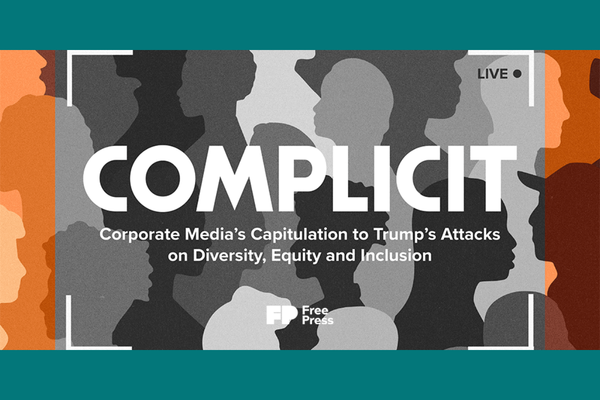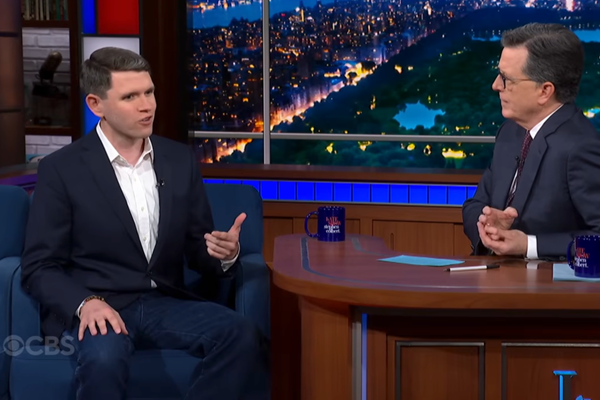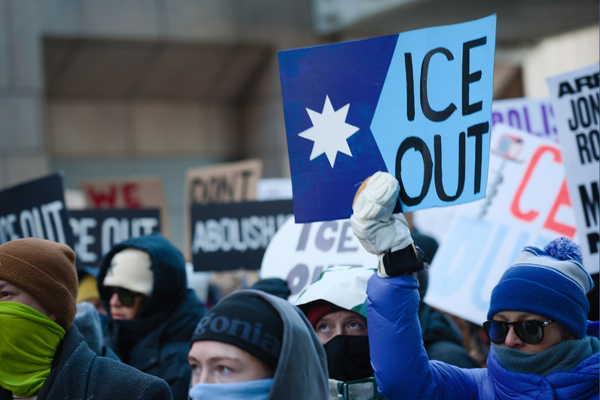Face to Face with the Censorship Czar
I went to the FCC, and all I brought was this fabulous T-shirt

I attended the Federal Communications Censorship Commission’s open meeting on Tuesday alongside a group of activists, union members and others who are worried about the agency’s attacks on free speech and freedom of the press.
Free Press even had some T-shirts made up for the occasion.
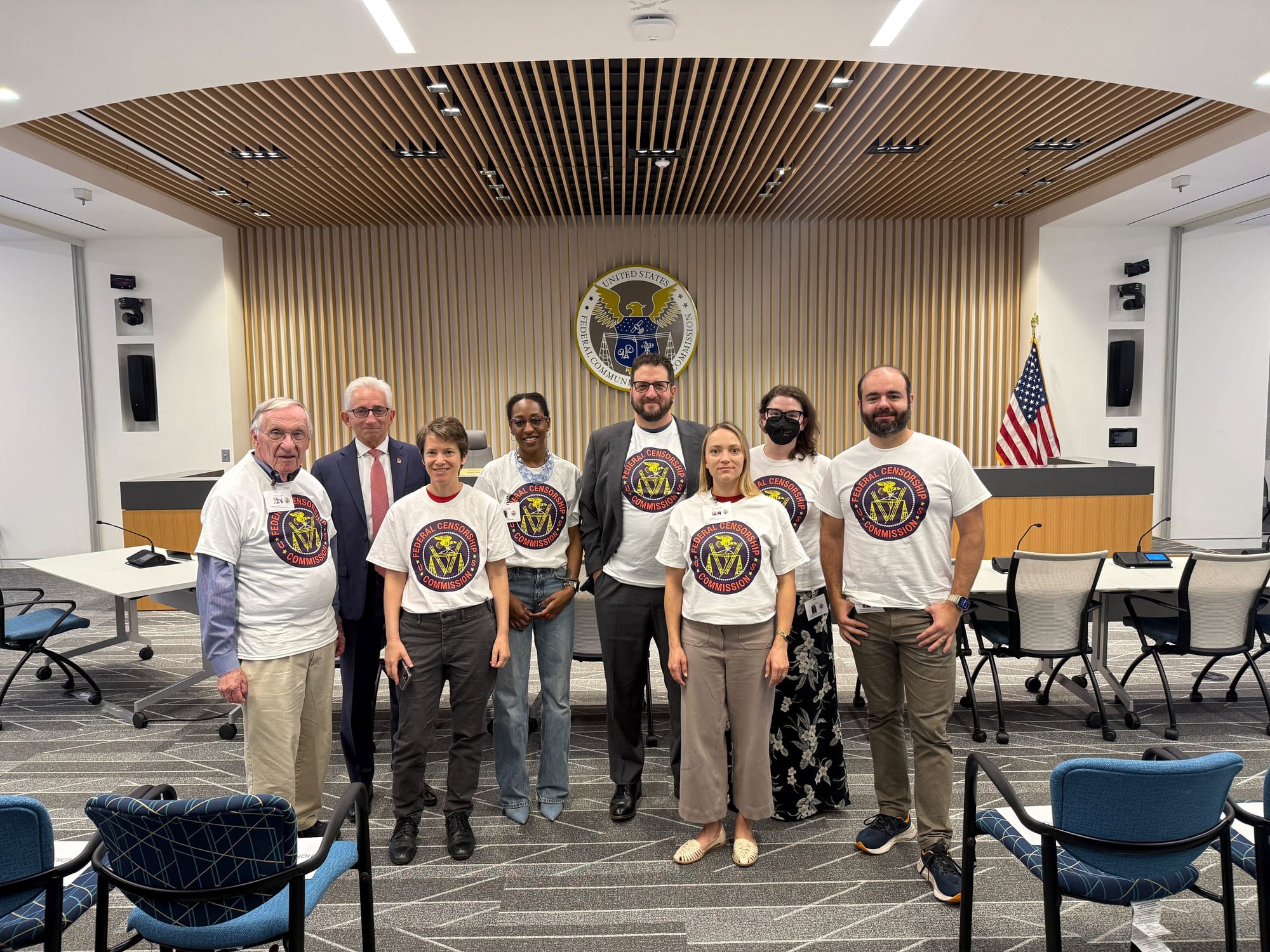
(If you want your own shirt, we’ve got you covered.)
The FCC has received more public attention in the past two weeks than any time in recent memory. A lot more critics were in the room than at a normal monthly meeting, plus a few more reporters — and way more security guards.
A few activists were escorted out for chanting “Fire Carr, the Censorship Czar,” and there was notable discomfort amongst the usual lobbyists and agency staff who attend these events. Overall, the atmosphere was tense but subdued, as if the insiders in the room hoped they still worked at the old FCC, one more consumed with permitting and footnotes rather than shakedowns and coercion.
For a livelier experience, I strongly recommend the Free Press livestream of the meeting, which provided way more commentary, context and comedy. Hundreds of activists joined us for more than four hours!
Carr’s threats are no joke
Today’s meeting marked the first public appearance at the FCC of its newly infamous — and widely mocked — chairman since Trump’s favorite media hitman pushed broadcasters to yank Jimmy Kimmel’s show off the air on Sept. 17. “We can do this the easy way or the hard way,” Carr declared on a right-wing podcast.
Nexstar and Sinclair, the two biggest — and most Trump-loving — local-broadcasting conglomerates immediately moved to cancel Kimmel, and his bosses at Disney/ABC announced an indefinite suspension.
The backlash was tremendous. As I wrote previously in this space, ABC affiliates were inundated with angry calls and protests, Hollywood unions and notable celebrities mobilized, and a reported 1.7 million people canceled their Disney+ subscriptions.
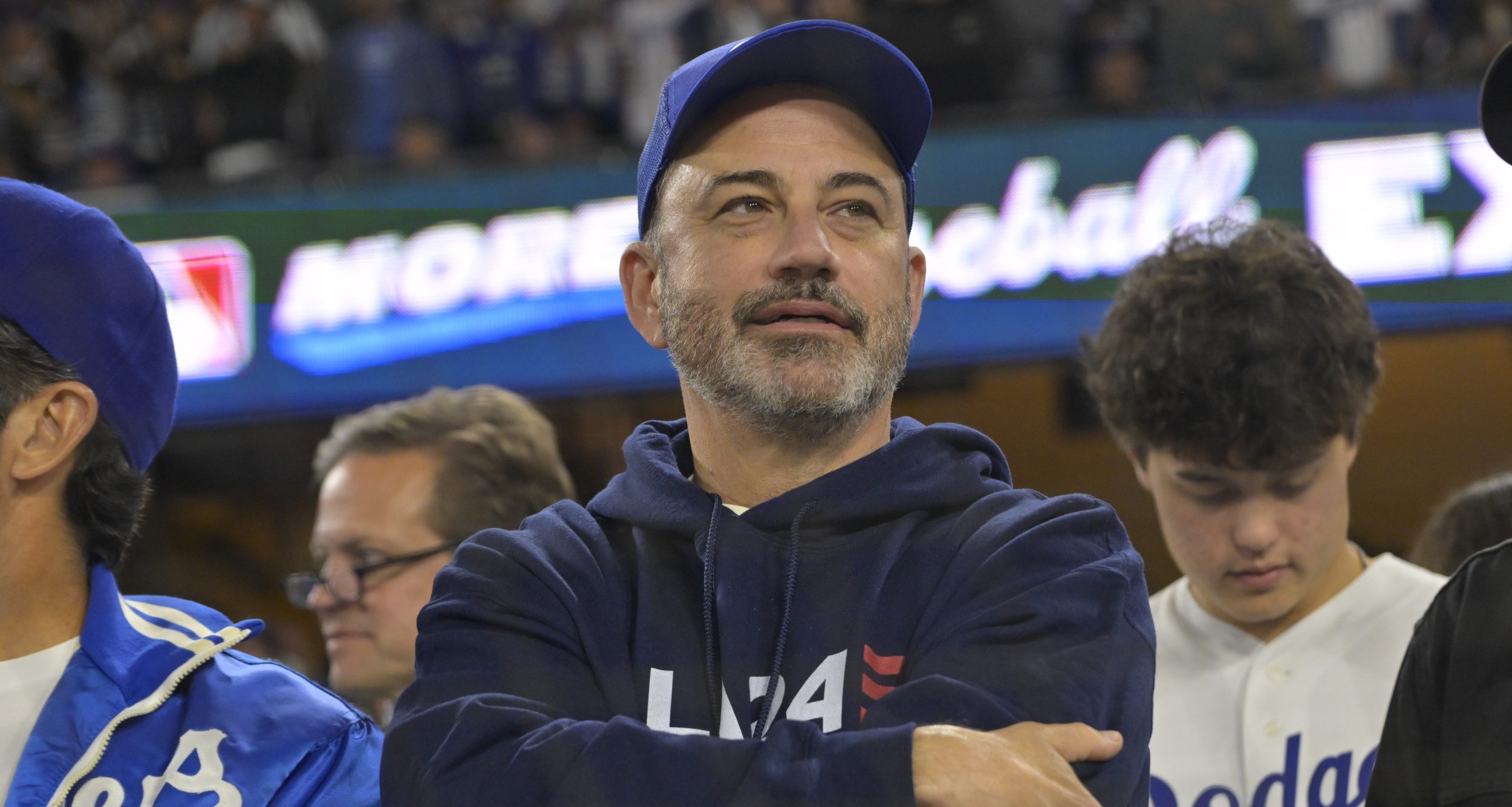
Facing real financial losses and an enraged audience, the corporate capitulators beat a hasty retreat. Kimmel was back on the air a week ago. Nexstar and Sinclair held out a few days longer, then relented. And Carr started backpedaling and trying to pass off his threats as a misunderstood “joke” (to quote Vice President J.D. Vance). He even had the audacity to claim his critics were conducting “a campaign of projection and distortion.”
Don’t buy it. One thing that’s clear from this whole fiasco is that the Trump administration doesn’t know what a joke is. The only laughable thing has been Carr’s attempts to cover up his unconstitutional actions. We know what he said and saw the coercion and censorship with our own eyes.
Way more than Kimmel
Commissioner Anna Gomez, the lone Democrat at the FCC, didn’t mince words at today’s meeting. “In the last few weeks, we saw one of the most alarming attacks on the First Amendment in recent history,” she said, bemoaning “a new low in corporate capitulation.”
Gomez spoke powerfully throughout the meeting about how far down the wrong path the FCC has gone. While the restoration of Kimmel was a huge win — and one of the first major setbacks for Trump, who’s come to expect nothing but caving and capitulation from the media — there’s a lot more work to do.
People are more ready for that than they were even two weeks ago. Just today, dozens of pro-democracy groups joined Free Press and Public Citizen on a letter calling on Carr to resign. Trump’s chairman has lost the public’s trust and shouldn’t be the one deciding whether the same companies that tried to cancel Kimmel get to merge or swallow up more local stations.
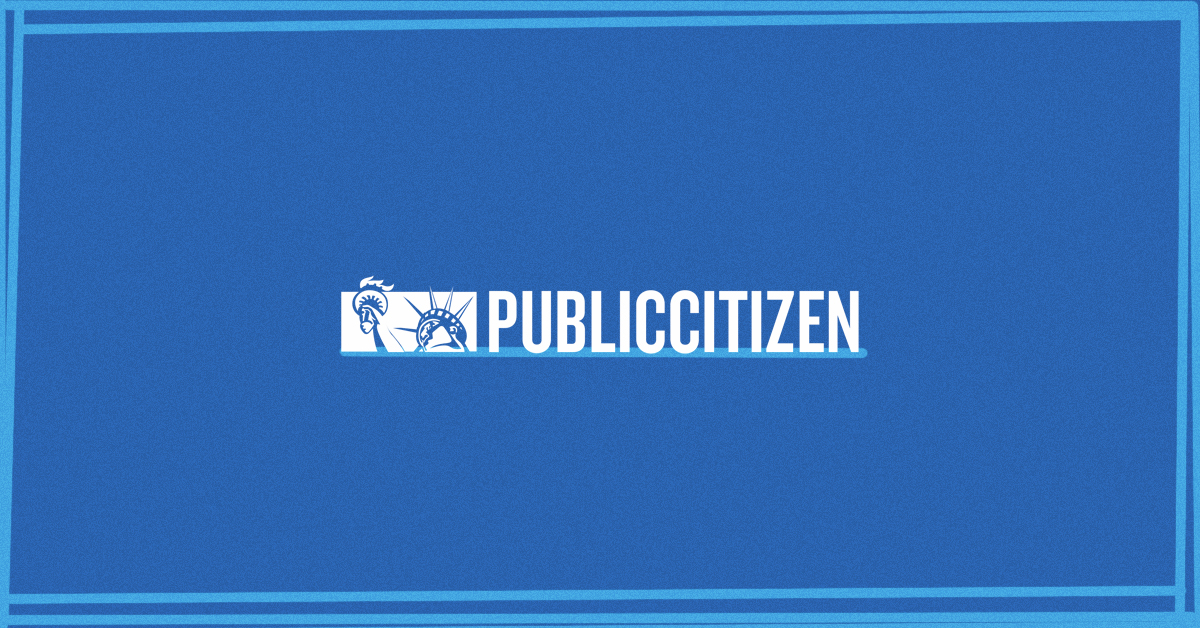
“The Chair of the Federal Communications Commission should be the nation’s defender of press freedom,” said Robert Weissman, co-president of Public Citizen. “Instead, FCC Chair Brendan Carr has fashioned himself into a MAGA-waving, free-speech-be-damned bully, ready to abuse his power to take down the president’s opponents. He has disgraced his position.”
The remarkable public outcry against the FCC has huge ramifications, and not just for blocking Carr’s agenda. It will also play a role in the broader fight against attacks on press freedom and free speech — and for the even larger resistance to Trump’s authoritarian advances.
In an essay over at his newsletter Democracy Americana (the whole thing is worth reading), historian Thomas Zimmer writes: “The broadly hostile reaction from the American public certainly served as a crucial reminder that the Trumpists do not represent a broad societal consensus. No matter how many times they claim a ‘mandate’ and angrily insist they represent ‘the people,’ it remains true that Trump’s assault on free speech is extremely unpopular.”

Pollster G. Elliott Morris supports this conclusion in his newsletter, which analyzes what media companies are missing about this particular political moment (namely, that two-thirds of the U.S. population is opposed to what Trump is doing, even if they didn’t vote or voted that way in November 2024). He also weighs in on why the incentives of corporate media are so out of step.
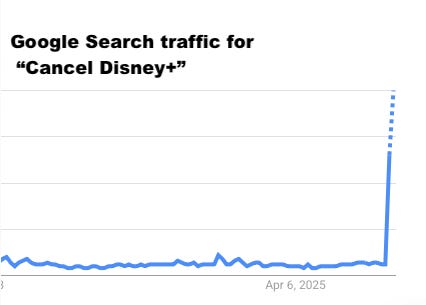
“The big problem at network news boils down to this: Executives don’t actually see news as journalism,” Morris writes. “Jimmy was the sacrificial lamb the network serves up to Republicans as a way to appear non-partisan. It’s as if they believe one high-profile firing can earn back the goodwill the company has lost with MAGA Republicans over a decade of post-truth politics. Hopefully, in hindsight, executives can see that the utility of this strategy is roughly zero in most cases, and in others can be sharply negative.”
I don’t have a lot of faith that corporate media is going to change course here — as evidenced by YouTube’s post-Kimmel bribe to the Trump ballroom fund.

But my faith in the public showing up and rising up when corporate media inevitably fails is growing and growing — whether we wear matching T-shirts or not.
Breaking News
In a landmark ruling, a federal court ruled that the Trump administration violated the First Amendment by arresting and trying to deport noncitizen pro-Palestinian advocates. Lawyers from the Knight First Amendment Institute at Columbia University, representing the American Association of University Professors and the Middle East Studies Association, argued the case against the government.
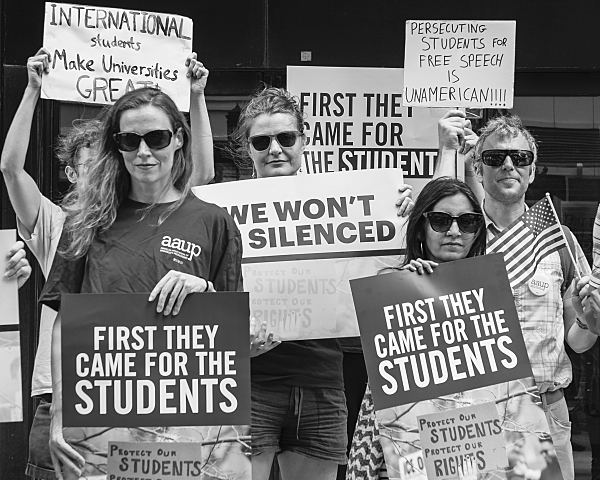
“This case — perhaps the most important ever to fall within the jurisdiction of this district court — squarely presents the issue [of] whether non-citizens lawfully present here in [the] United States actually have the same free speech rights as the rest of us,” wrote U.S. District Court Judge William D. Young. “The Court answers this Constitutional question unequivocally ‘yes, they do.’ ‘No law’ means ‘no law.’ The First Amendment does not draw President Trump’s invidious distinction and it is not to be found in our history or jurisprudence.”
Pressing Issues Update
Public support for detained journalist Mario Guevara — whose case Pressing Issues has covered extensively here over the past few months — is getting louder. More than 100 leading writers, journalists and scholars sent a letter Tuesday to the Department of Homeland Security and ICE calling for his release. PEN America, the Committee to Protect Journalists and Free Press organized the effort. Luminaries who signed the letter include Arundhati Roy, Chimamanda Ngozi Adichie, David Remnick, Francisco Goldman, Judy Blume, Orhan Pamuk and Sandra Cisneros.
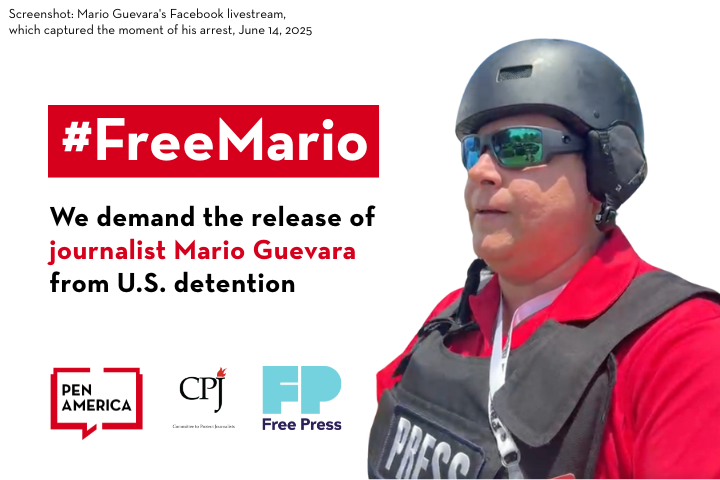
“We urge you to act immediately to release Mario Guevara,” they write. “His detention is unjust, indefensible, and incompatible with American values. We call on your administration to reaffirm publicly the independence of the press and to guarantee that those who report on government policy can do so without fear of arrest, deportation, or retaliation. The health of American democracy — and the credibility of the United States on the world stage — depends on it.”
The kicker
“The Trump administration’s attempt to deport students for their political views is an assault on the Constitution and a betrayal of American values. This trial exposed their true aim: to intimidate and silence anyone who dares oppose them. If we fail to fight back, Trump’s thought police won’t stop at pro-Palestinian voices — they will come for anyone who speaks out. Defending democracy means standing up now — loudly, visibly, and together.” — Todd Wolfson, president of the American Association of University Professors
About the author
Craig Aaron is the co-CEO of Free Press and Free Press Action and a guy with two first names. Follow him on Bluesky.
